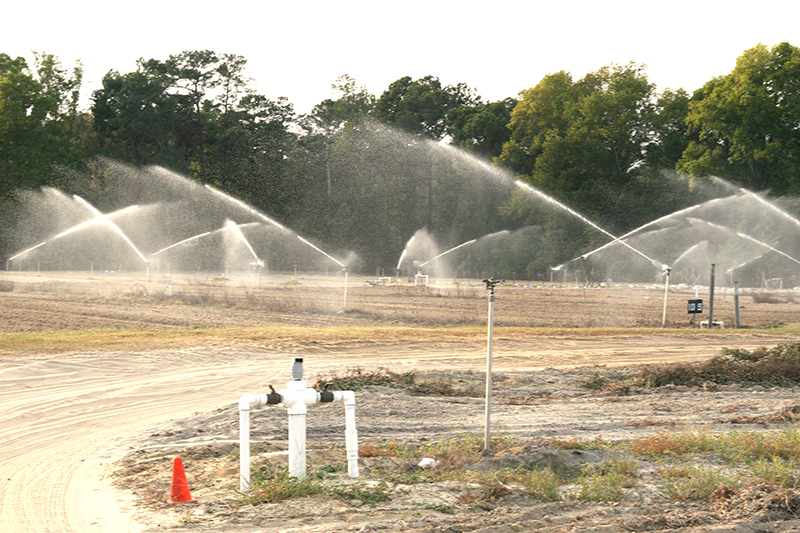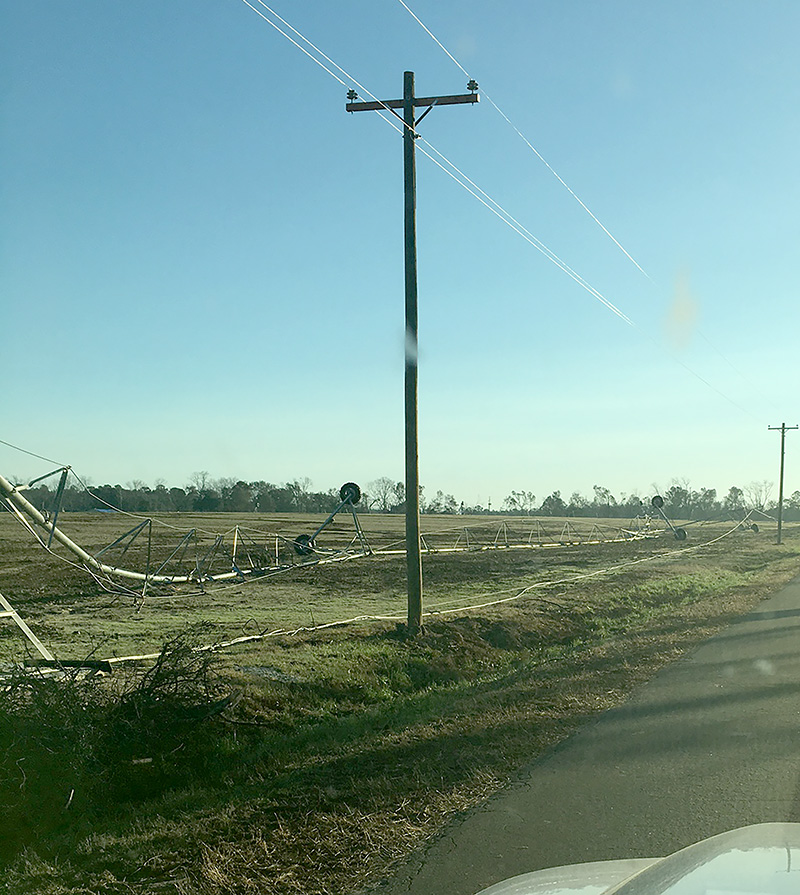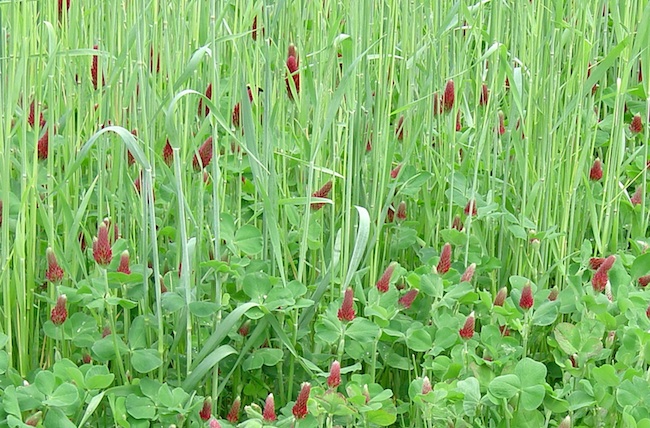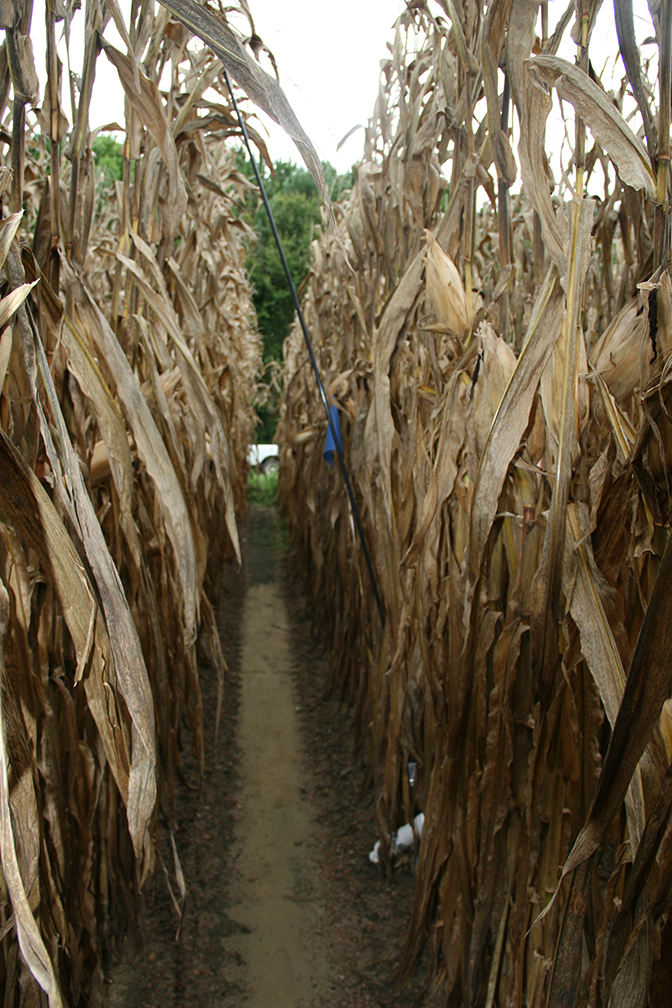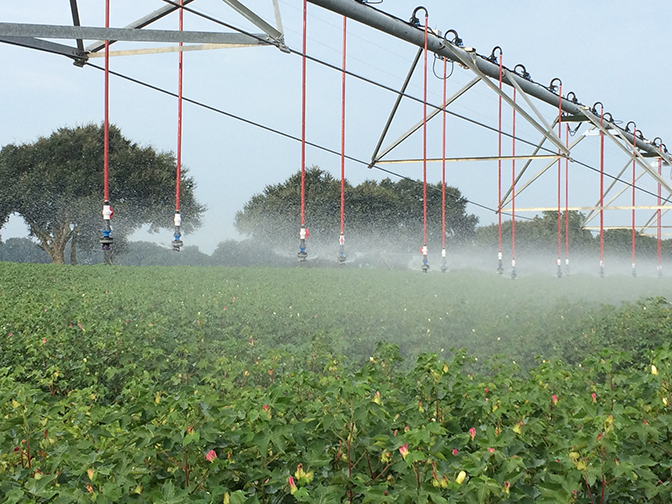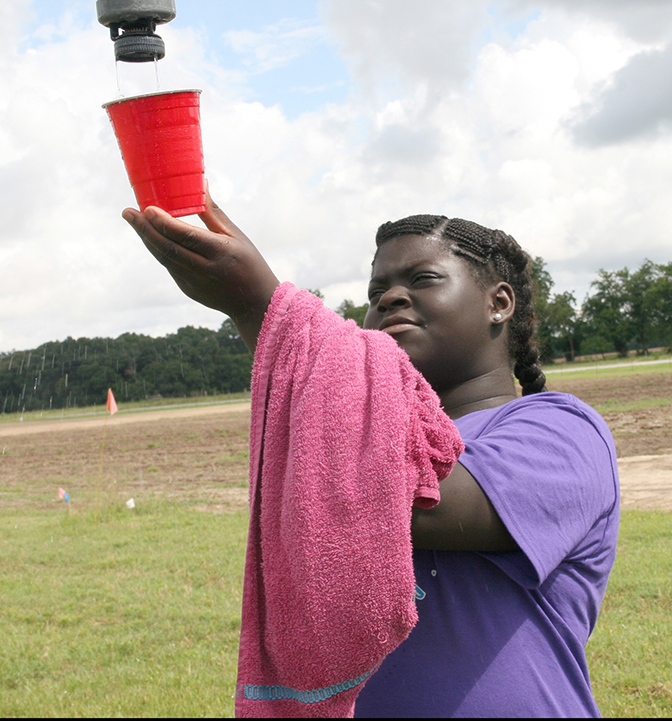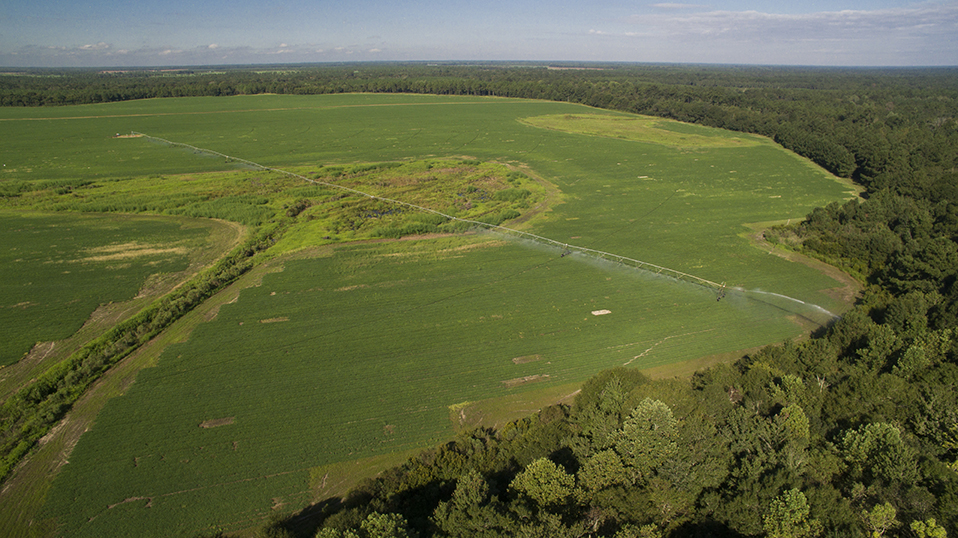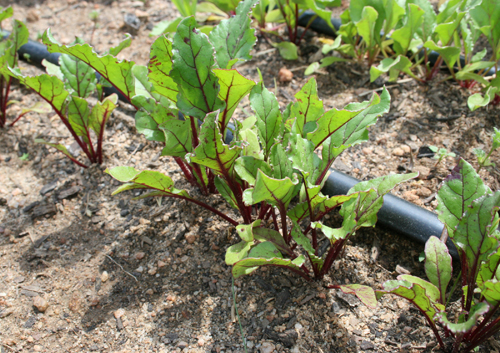 CAES News
CAES News
Garden Irrigation
Many homeowners have a substantial investment in the various trees, shrubs and annuals in their landscape. Trying to keep these prized plants watered can sometimes be a challenge, especially in times of drought.

